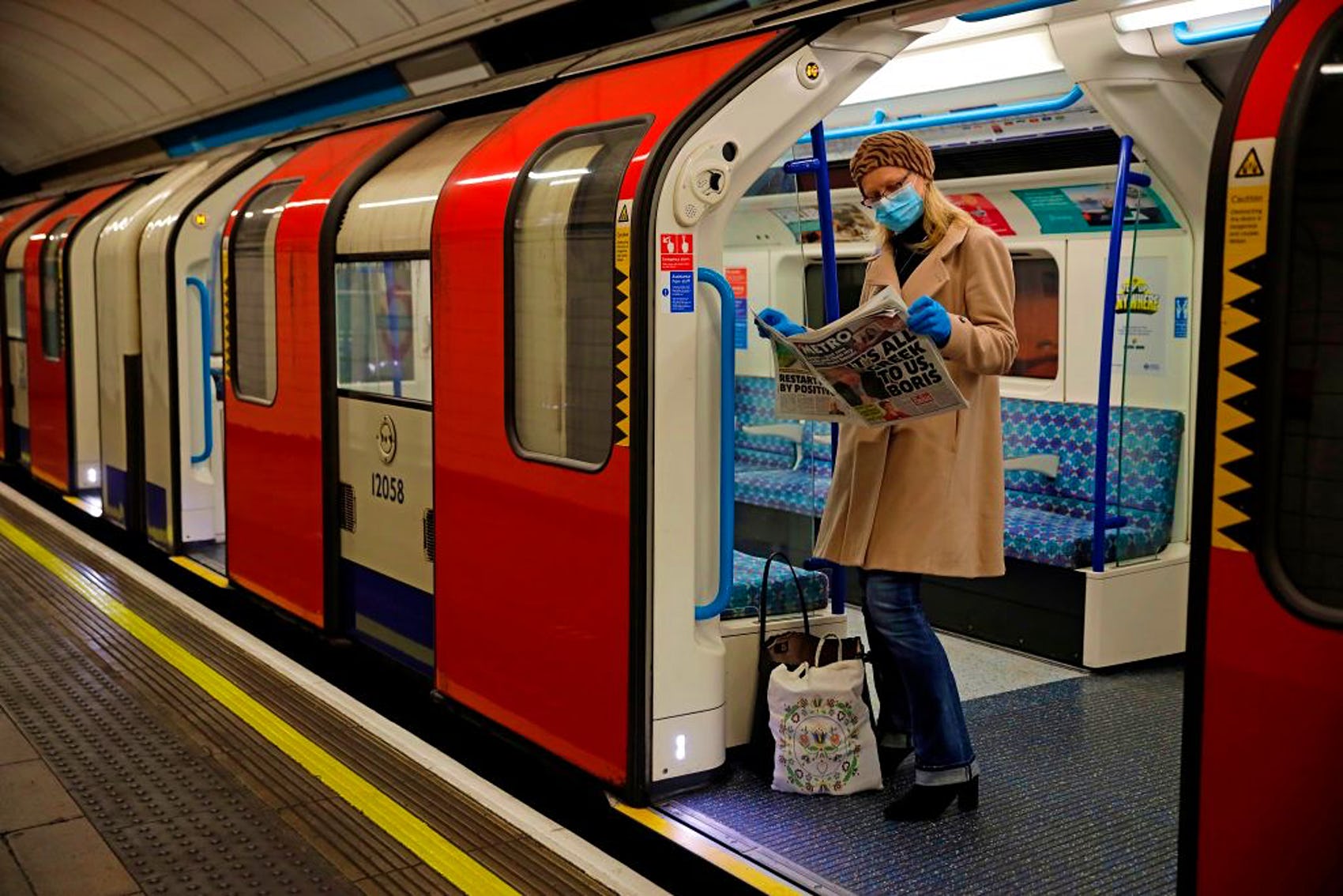The UK government is again making changes to its travel regulations, this time in response to the discovery of the Omicron strain of the COVID-19 virus in the country.
Beginning Tuesday 30 November, every passenger arriving in the UK from a country other than Ireland will be required to take a PCR test within 48 hours of arrival and self-isolate until negative. Passengers will need to conduct research and order a PCR test prior to travel. This is because they will need to provide the test order number on the passenger locator form, which is completed at least 48 hours before departure. The rules apply to adults and children between the ages of five and 17.
Only tests ordered through a government approved service provider will be accepted. The tests cost £ 75-140 ($ 100-186) depending on the provider and passengers will have to pay for them themselves.
Previously, passengers could have antigen or lateral flow testing on arrival, but this weekend the government announced it would only allow PCR results. This was in response to the emergence of a new strain of Omicron COVID-19 in the UK, which the World Health Organization has designated as a “variant of concern” and represents a “very high” global risk.
The UK has also banned entry into the country from 10 countries in southern Africa, including South Africa, Botswana, Zimbabwe, Malawi, Mozambique, Zambia and Angola. These countries have been added to the Red List, which means that returning UK or Irish citizens will need to stay in a government-approved quarantine hotel for at least 10 days if they have been in the Red List countries in the past 10 days.
Following the lifting of all internal COVID-19 restrictions in July, the UK is returning the mask requirement. From November 30, masks will be required in shops and public transport, but they will not be available in hotel establishments such as restaurants and bars.
If you are planning a trip to the UK, remember that you will also need to take a COVID-19 test before leaving and prove that you are fully vaccinated according to the UK vaccination program. Tourists should continue to comply with official safety precautions and be aware of the differing requirements and attitudes of local communities in England, Wales, Scotland and Northern Ireland.

